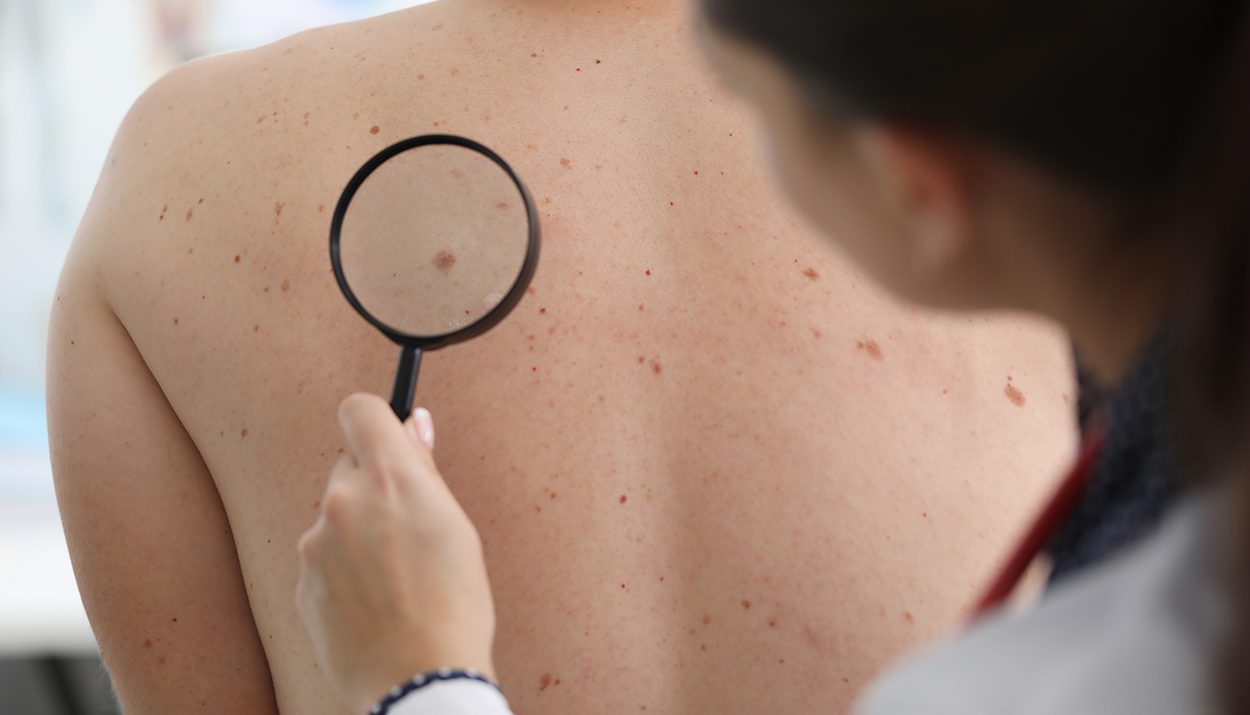In a world where health issues often take center stage, skin diseases remain neglected. While discussions frequently gravitate towards high-profile ailments like heart disease or diabetes, the sheer scale of skin-related conditions is staggering.
Over 3.3 billion individuals worldwide grapple with these issues, ranging from common ailments like eczema and acne to severe conditions such as psoriasis and skin cancers.
The impact of these diseases extends beyond physical symptoms. They profoundly affect mental well-being and social interactions, leading to feelings of shame, isolation, and a diminished quality of life.
At the recent 77th World Health Assembly in Geneva, Switzerland, the often-ignored aspect of skin health was thrust into the spotlight. Representatives from the International League of Dermatological Societies (ILDS) and GlobalSkin (a skin-patient organization) joined forces to advocate for urgent action alongside other patient groups.
Want to know more about what happened in the assembly? Keep reading!
What did ILDS and Patient Advocacy Groups Propose at the 77th World Health Assembly?

During the recent assembly, ILDS and patient advocacy groups like GlobalSkin presented several essential proposals to speed up change and ensure that skin health is given worldwide attention.
The key proposals are listed below:
1. Broaden Focus on Skin Diseases
The ILDS and patient advocacy groups emphasized the importance of recognizing all the 3,000+ existing skin diseases. These diverse conditions include allergies, inflammatory diseases, autoimmune disorders, and genetic and vascular diseases.
Furthermore, it encompasses a range of cancers, infections, and rare auto-inflammatory conditions, highlighting the need for comprehensive skin disease awareness and understanding in dermatology.
2. Increase Health Investments
Advocating for dedicated health investments is essential to enhancing the expertise of primary healthcare workers, especially lab professionals.
These investments will equip them with the necessary skills to accurately diagnose skin diseases by providing targeted training and resources. This is particularly important as many skin conditions can be subtle and easily misdiagnosed.
3. Enhance Skin Disease Research Capacity
ILDS and patient advocacy groups have urged dermatologists to support initiatives to expand skin disease prevention and treatment research.
By championing these efforts, dermatologists can help develop innovative diagnostic tools and new skin disease treatment options that will significantly improve patient outcomes.
4. Strengthen WHO’s Role
One of the main proposals discussed at the 77th World Health Assembly was to make the World Health Organization (WHO) more involved in improving global skin health. This includes collecting better information about skin diseases to plan out public health actions better and decide how to spend money.
The proposal also says that WHO should help make low-cost dermatology skin treatments. This way, everyone, especially those living in poorer countries, can afford the skin disease treatment they need.
5. Address Dermatologist Shortage
Another growing concern that ILDS and patient advocacy groups highlighted was the shortage of dermatologists worldwide.
Many current practitioners are 55 or older, and more need to be trained to replace them. This shortage could leave future generations without adequate dermatological care.
Expanding educational opportunities, promoting dermatology as a career path, and offering incentives for young physicians to specialize in dermatology are crucial steps to ensure continuity of care for skin health.
6. Elevate Policy Importance
Last but not least, ILDS and patient advocacy groups have urged policymakers to prioritize skin diseases in health policy discussions.
They have emphasized the need for fostering greater collaboration between patients, healthcare professionals, and policymakers. This united effort is essential to create lasting change in the way skin diseases are managed globally.
Remember – “Skin Disease is Much More than a Rash”
We, MDForLives, completely agree with what Claire Fuller, Chair of the ILDS International Foundation for Dermatology, aptly said:
“Skin disease is much more than a rash. It is a significant global health issue that affects physical well-being, mental health, productivity, and social interaction.”
People with skin conditions often face stigma, isolation, and emotional burdens, but the impact is profound. We can reduce the enormous pressure on individuals and public health systems worldwide by addressing the shortcomings highlighted by ILDS and patient advocacy groups. This includes – the shortage of dermatologists, increasing research efforts, and prioritizing skin health in policy discussions.
As healthcare professionals, your expertise is crucial in addressing pressing healthcare challenges. We encourage you to sign up with MDForLives and participate in paid medical surveys.
You can also share your valuable case studies, articles, and blogs at collaboration@mdforlives.com.
Read more

The creative force behind the keyboard, Pallabi crafts narratives of healthcare wonders and research marvels. As a seasoned professional blogger, she ventures to unearth the riches of medical innovation, weaving them into insightful stories that educate.






